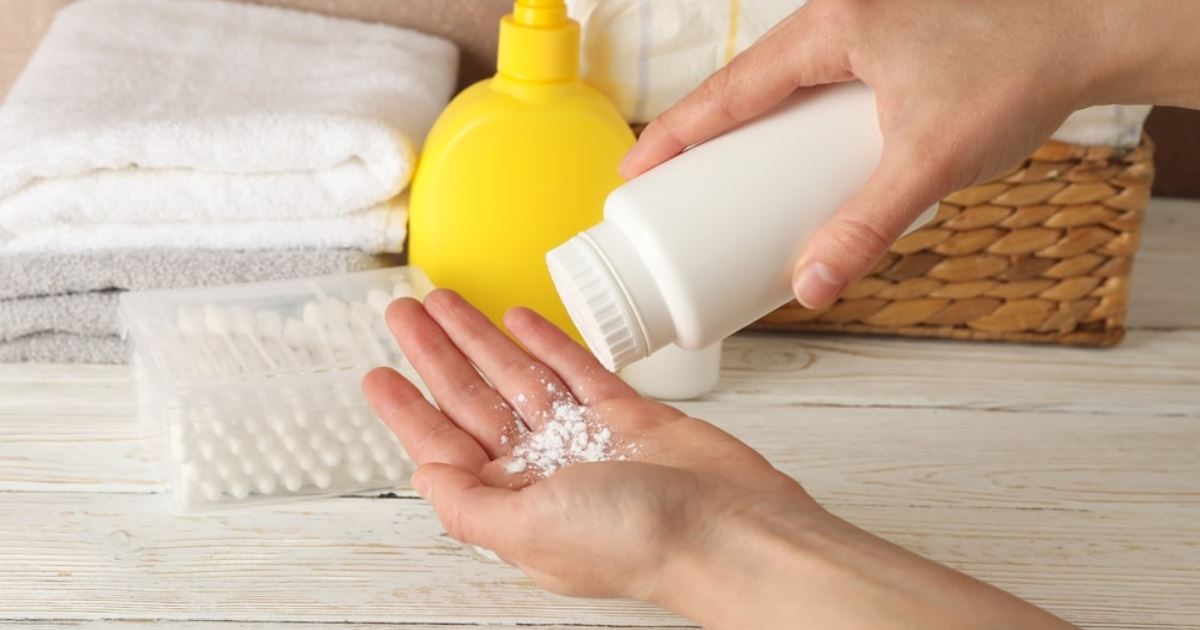Last month, a U.S. judge shot down an attempt by Johnson & Johnson (J&J) to resolve tens of thousands of lawsuits over its talc-based baby powder products in bankruptcy.
The ruling, a victory for cancer victims, marks the second time that J&J has been unsuccessful with manipulating the bankruptcy system to shield itself from lawsuits and jury verdicts. Its first attempt was dismissed earlier this year when a U.S. appeals court ruled that the J&J spin-off corporate entity that held the liability for cancer claims had no valid purpose for filing bankruptcy. The appeals court found the company was not in financial distress, and therefore, not entitled to bankruptcy protection. The decision was based on the significant fact that the corporate entity was backed by a funding agreement worth over $61 billion dollars.
The latest decision echoed similar sentiments, with U.S. Bankruptcy Judge Michael Kaplan ruling that the company’s second bankruptcy, like its first, must be dismissed because the lawsuits did not place it in immediate financial distress.
J&J has stated that it intends to appeal.
Controversy & Claims: Why This Historic Case Has Made Headlines
Part of the controversy surrounding this litigation stems from J&J’s attempts to shield itself from liabilities using a gamesmanship tactic known as the “Texas Two Step,” a legal maneuver in which a company strategically places liabilities into a newly created subsidiary that subsequently files for bankruptcy.
The Texas Two Step is widely criticized as an abuse of U.S. bankruptcy law because it allows companies to exit the civil litigation system, thereby denying victims their day in court before a jury of their peers. This has profound implications for plaintiffs. The tactic causes significant delay by preventing existing cases from moving forward, all the while cancer victims are dying. Further, it deprives victims of their constitutional Seventh Amendment right to a trial by jury by allowing corporations instead to structure and dictate judicially enforced settlement terms, often compensating victims mere pennies on the dollar.
Given the scope of the litigation and its high-profile status, many also fear that, if J&J is successful with its Texas Two Step, it could influence other companies to use similar tactics to escape liabilities.
J&J Litigation Focuses on Dangers of Talc
While J&J’s legal tactics have been a cause for concern given their implications for plaintiffs and the corporate liability playbook, they should not overshadow what this litigation is truly about: the victims.
To date, nearly 40,000 victims have stepped forward with claims that they or their loved one developed cancers and other health conditions because the J&J products they used contained talc contaminated with asbestos. And because J&J only discontinued its most popular talc-based products in the U.S. in 2020, there may be many others who bring similar claims in the future.
As a firm dedicated to litigating asbestos exposure cases across the country, SWMW Law knows it can be difficult to hold powerful corporations accountable, especially when they prioritize profits over people. However, we are hopeful the that latest ruling in the J&J case helps move this litigation forward so that victims can have their day in court and their opportunity to secure justice.
And as that journey rests on the science and evidence behind these claims, we wanted to provide some information about the dangers of talc, who’s at risk, and what’s at issue in the J&J case:
Talc & Asbestos Contamination
Talc, a soft mineral mined from natural deposits, is used in many different consumer products, including baby powders, cosmetics, paint, roofing materials, and more.
Talc, in its natural form, can contain elements like nickel and chromium, which can be potentially dangerous for individuals with certain allergies and medical conditions. The most concerning contaminant in talc, however, is asbestos, a cancer-causing mineral.
According to the American Cancer Society, asbestos-contaminated talc is generally accepted as carcinogenic. And while research is still emerging, some studies suggest that even asbestos-free talc may cause certain types of cancers.
In the J&J Case: Lawsuits in the J&J litigation revolve around claims that the talc used in some of the company’s most popular baby powder and cosmetic products were contaminated with asbestos. Plaintiffs in these cases have been diagnosed with mesothelioma, ovarian cancer, uterine cancer, and other types of cancers.
Who’s at Risk?
Talc and talc-based products may pose risks to various populations, including:
- Workers in at-risk populations. As is the case with asbestos exposure generally, people in at-risk occupations who work with or near talc face risks associated with asbestos. This includes workers in talc extraction and production (mining, milling, and transportation) and workers who make talc-based products or use them regularly in their jobs.
- Workers’ families. People living with workers who are regularly exposed to talc and talc-based products may also be exposed to dangerous levels of asbestos through what’s known as “take-home exposure.”
- Consumers. Asbestos exposure risks can be a concern for consumers who use talc-based products, especially if they use the products frequently and for long periods of time. Some studies have also found potential links between talc use in the genital area and ovarian or uterine cancers in women. Given risks of inhalation and respiratory problems, the American Academy of Pediatrics has discouraged the use of talc-based powders on infants entirely.
In the J&J Case: Many of the plaintiffs in the J&J litigation allege that their exposure came from long-term use of J&J talc-based products, which include its signature Baby Powder and Shower to Shower products, or from their exposure to family members who used these products.
SWMW Law is a nationally recognized trial practice with a legacy of litigating asbestos exposure cases. If you have questions about the J&J litigation or cancers caused by talc, we want to help. Call (855) 744-1922 or contact us online for a FREE consultation.



